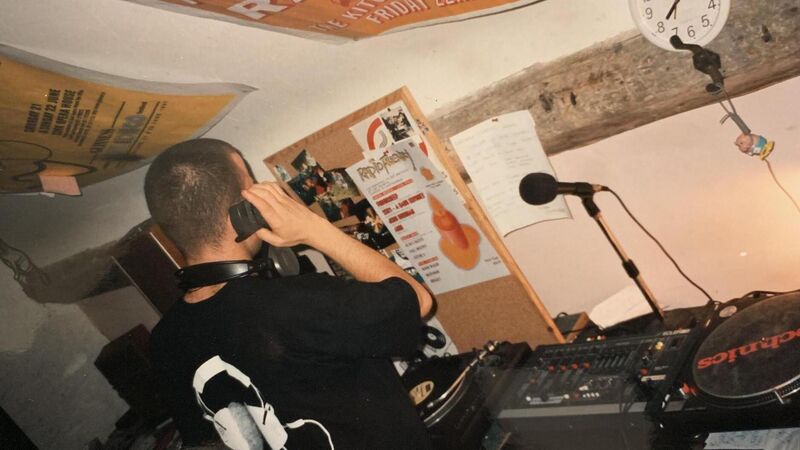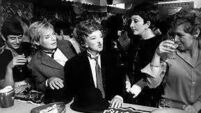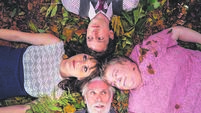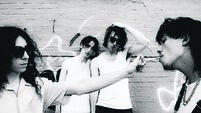Stevie G: Spirit of pirate radio still strong

Stevie on Radio Friendly in the 90s.
The glory days for pirate radio for many in Cork would have been the late 70s and early 80s, an era documented by Trevor and Noel Welch’s book, published a few years ago.
Many of the biggest broadcasters in Cork would have emerged in this era, and most mainstream radio DJs and media personalities would have had a pirate radio background here. This was an era where there was little choice on mainstream legal radio, with just 2FM emerging, so pirate radio served a similar purpose as it did in the 60s in the UK, when Radio Caroline played the pop music of the day that the stuffy BBC wouldn’t touch.
Larger-than-life broadcasters such as Romano became cult figures here, but by the time I became a teenager, I wanted music that was a bit different.
By then, Cork had a fanzine culture, a club scene, and plenty of alternative record shops, but by the time I was DJing in the early 90s, most pirates had been outlawed. More legal commercial radio existed and stations such as 96FM and 2FM would have taken some of the pirate DJs. Many made great careers. But commercial legal radio didn’t speak to many in the clubscene.
It was time for a new generation to do their thing. Radio Friendly was the most successful of the 90s pirates, but the music could not have been more different than what was played previously here. It was a genuine alternative and reflected the club scene here, which was largely based around Sir Henry’s and other venues. As a DJ involved in both, I’d say the club scene led the way, and the DJs simply brought their club expertise to the airwaves. It was so different and obviously not commercial that the powers that be generally left it alone. It was a glorious era for pirate radio here, but like all good things it came to an end. Again, many of the DJs went on to other things, including commercial radio, but there was also another type of pirate on the horizon as the 90s turned into the 2000s.
Cork’s RedFM had legally come on air by then, but the dance pirates of the early 2000s were very popular and, again, totally different from Radio Friendly. The music was decidedly more boy racer and trancey than anything you’d hear on Friendly but, again, it provided an important alternative. RedFM was playing house and hip-hop at the time, so the pirates provided something different, and even drew some commercial revenue from discos, which obviously meant that the authorities were going to pay attention.
The landscape has changed a lot now and in the 2020s we can individually effectively be our own radio station on SoundCloud, Mixcloud, Instagram or elsewhere. éist radio has set up in Cork and retains that community spirit that many had in the 90s, and others are broadcasting through the aforementioned social media and other channels. The spirit of pirates exists in the gaming community and elsewhere, and young people of diverse tastes will continue to build their communities through podcasts, raves or other methods. Mainstream channels obviously care most about numbers and revenue, and are usually funded by ads and sponsors rather than the government, so that’s fair enough. But as long as we have a mainstream, we will need an underground, and the spirit that powered the pirates will continue in other ways!







